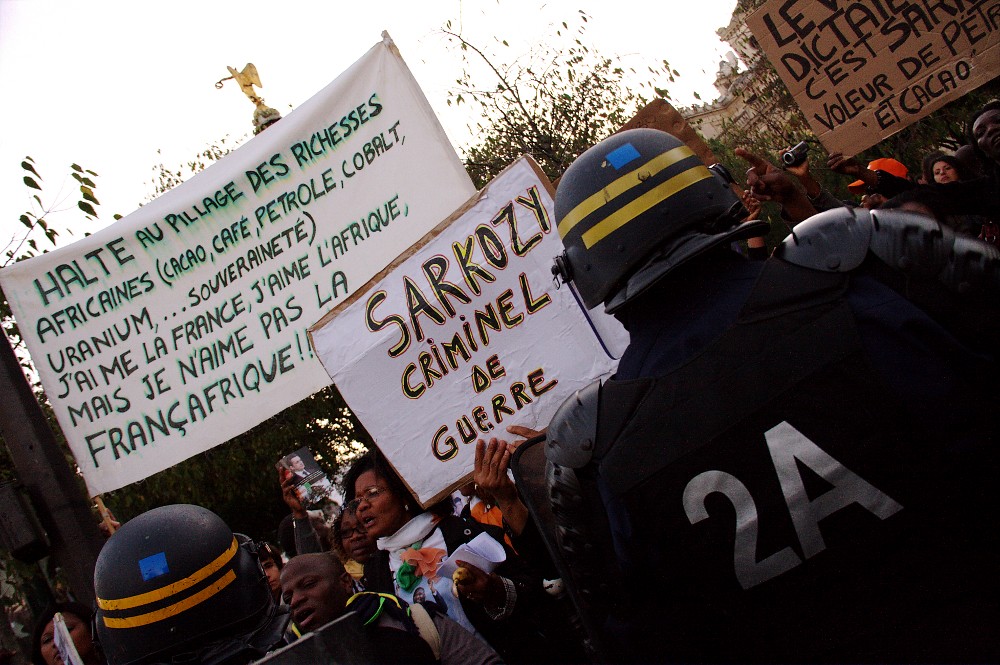When Emmanuel Macron assumed office in 2017, he raised hopes by pledging to reset France’s relations with Africa, putting an end to the infamous Françafrique system that symbolised the country’s post-colonial political and economic influence across the continent. However, as his tenure progressed, it became clear that these promises were nothing more than empty rhetoric. Now, in the wake of a recent coup in Gabon, and following similar power grabs in Niger, Mali, Guinea, Burkina Faso, and Chad, France finds itself facing a critical reassessment of its approach to African nations, according to sources.
Macron’s vow to dismantle Françafrique, a system marked by opaque dealings, neocolonialism, and a shadowy network of political and economic interests, was met with cautious optimism by many across Africa. Yet, the reality on the ground has proven starkly different. French engagement with Africa under Macron’s leadership continued to bear the hallmarks of its predecessor, leaving many African nations disillusioned.
The recent coup in Gabon, which saw the ousting of President Ali Bongo Ondimba by a group of military officers, is the latest in a troubling series of events that have unfolded across the continent. Similar coups and military takeovers have rocked Niger, Mali, Guinea, Burkina Faso, and Chad in recent years, exposing the fragility of governance structures and raising concerns about the state of democracy in these nations.
As these events unfold, there is growing speculation that France’s role in Africa, despite Macron’s promises of change, has remained one of maintaining influence through opaque channels and backing leaders who align with its interests, regardless of the impact on the democratic processes of these nations.
Meanwhile, in Gabon, Brice Oligui Nguema, the new military ruler, has pledged to restore civilian rule after an unspecified transition period. While such promises may offer a glimmer of hope for a return.

